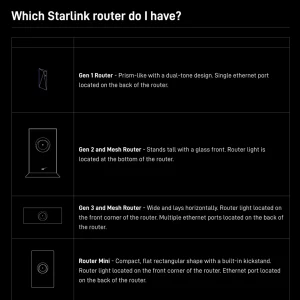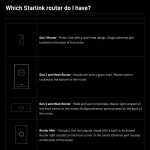Sponsored Links
MAAWG Develops Global Anti-SPAM Guidelines for ISPs
Posted: 28th Jun, 2008 By: MarkJ
The Messaging Anti-Abuse Working Group (MAAWG) has just published two new papers containing guidelines for ISPs wishing to tackle junk e-mail (SPAM). The papers, which were developed using input from several global network operators, seek to help ISPs distinguish legitimate consumers using a forwarding service from spammers.
Methods for Sharing Dynamic IP Address Space Information with Others
http://www.maawg.org/about/publishedDocuments/MAAWG_Dynamic_Space_2008-06.pdf
Email Forwarding Best Practices
http://www.maawg.org/about/publishedDocuments/MAAWG_Email_Forwarding_BP.pdf
It's hoped that many ISPs will choose to adopt the measures, although doing so probably won't have a huge impact upon SPAM because providers that don't implement the suggestions would still be wide open to abuse.
We should mention that some UK ISPs already block outbound port 25, although there is no solid information regarding the various implementations of blocks and e-mail servers among providers. It begs the question, should ISPs be forced to implement some of the measures by law or would that do more harm than good?
Methods for Sharing Dynamic IP Address Space Information with Others
http://www.maawg.org/about/publishedDocuments/MAAWG_Dynamic_Space_2008-06.pdf
While MAAWG is on record as recommending that the best option for controlling the flow of unwanted email traffic from an ISPs customer space, especially the ISPs dynamic address space, is to block outbound port 25 traffic from that space1, MAAWG recognizes that such blocks may not be possible for some ISPs in either the short term or the long term. This document will spell out alternatives for such ISPs, recommending methods they can use to share their dynamic space information with others and allow remote sites to reject inbound mail traffic from dynamic address space.
Email Forwarding Best Practices
http://www.maawg.org/about/publishedDocuments/MAAWG_Email_Forwarding_BP.pdf
The intent of this document is to present best practices that can be adopted by volume forwarders and the receivers of forwarded mail. These best practices are intended to ease interaction between these two parties to help ensure mail is delivered while avoiding issues resulting from the forwarding of spam.
It's hoped that many ISPs will choose to adopt the measures, although doing so probably won't have a huge impact upon SPAM because providers that don't implement the suggestions would still be wide open to abuse.
We should mention that some UK ISPs already block outbound port 25, although there is no solid information regarding the various implementations of blocks and e-mail servers among providers. It begs the question, should ISPs be forced to implement some of the measures by law or would that do more harm than good?
Search ISP News
Search ISP Listings
Search ISP Reviews
Latest UK ISP News








Cheap BIG ISPs for 100Mbps+
150,000+ Customers | View More ISPs
Cheapest ISPs for 100Mbps+
Modest Availability | View More ISPs
Latest UK ISP News
Helpful ISP Guides and Tips
Sponsored Links
The Top 15 Category Tags
- FTTP (6793)
- BT (3880)
- Politics (3070)
- Business (2766)
- Openreach (2661)
- Building Digital UK (2509)
- Mobile Broadband (2472)
- FTTC (2141)
- Statistics (2125)
- 4G (2091)
- Virgin Media (2022)
- Ofcom Regulation (1779)
- 5G (1729)
- Fibre Optic (1604)
- Wireless Internet (1593)
Sponsored
Copyright © 1999 to Present - ISPreview.co.uk - All Rights Reserved - Terms , Privacy and Cookie Policy , Links , Website Rules
































